Global Policy: Next Generation is an annual issue from Global Policy. GPNG is a multi-disciplinary, peer-reviewed journal that provides a platform for PhD students and early career researchers to publish the next generation of groundbreaking research in global policymaking. We publish peer-reviewed work on par with the most rigorous of academic journals whilst also broadening horizons in terms of both content and authorship.
We publish work that pushes beyond the predominant Western-centric viewpoints in global policy research and diversifies the scope of research to include both macro and micro levels of global policy challenges. In doing so, GPNG creates an opportunity for early-career researchers around the globe to meet this need for innovative and transformational research ideas that have both theoretical value and practical impact on policymakers.
As a part of Global Policy, over the last four years, GPNG benefited from the guidance of the late David Held and continues to work closely with Eva-Maria Nag, the General Editor and Founding Executive Editor of Global Policy. Building upon this wealth of experience, GPNG recently published its third edition with Wiley-Blackwell in 2022.
As an editorial team, we seek to bring to the fore ideas and research that are at the leading edge of policy work regarding issues that are multilevel – local and global, and micro and macro in size and impact. Importantly, we place no disciplinary restrictions upon the content of submissions other than their relevance and influence on the current current and future policy issues worldwide.
Beyond the excellent work we publish, the GPNG project, has, and will continue to be a platform for supporting, guiding and mentoring ECRs through the academic publication process, embodying a ‘build as we climb’ ethos. We provide detailed feedback to authors at every stage of the review process and our recent case study article in Learned Publishing documents how we as a team aim to advance ECR work https://onlinelibrary.wiley.com/doi/full/10.1002/leap.1474
As a result, Global Policy: Next Generation goes beyond the remit of producing a peer-reviewed academic journal. It aims to establish a platform for early-career researchers to engage with the wider community of both academia and policymaking by promoting their research through a variety of media. GPNG offers early-career researchers the opportunity to publish opinion pieces on their current research, areas of expertise, or issues that they feel need further analysis and exploration. This is complemented by podcast interviews with academics at all stages of the research process, from those just starting projects to those presenting final products and published works, all sharing ideas and pushing boundaries in terms of how we engage with academic research. These initiatives serve to democratize the research process away from traditional voices, as well as producing materials that are more accessible than traditional academic work and can be used to great effect within the classroom and outside the Ivory Tower.
GPNG is a multidisciplinary platform for linking early-career researchers with other academic researchers and policymakers seeking new ideas and avenues of research that will inform debates in both sectors. Changing the world is at the heart of our mission. If you would like to share your research ideas through an opinion piece or podcast interview, engage in a debate on contemporary events through a comment article, or wish to submit a research article please do get in touch with the editorial team.
We look forward to hearing from you.
Global Policy: Next Generation Editorial Team
Greg Stiles, Editor
Greg Stiles is a doctoral researcher in the School of Politics and International Studies, University of Leeds, UK. His research is funded by the Economic and Social Research Council (ESRC) and it examines the role of the G7 & G20 Summits in global governance and conflict resolution practice. Additional areas of research are on the European Union and its relations with Russia, conflict in the Middle East and International Relations theory, in particular, the English School approach. Greg holds a BA in International Relations & Politics, as well as an MA in European Law, Governance & Politics and an MA in Social Research from the University of Sheffield, UK.
Flavia Lucenti, Deputy Editor
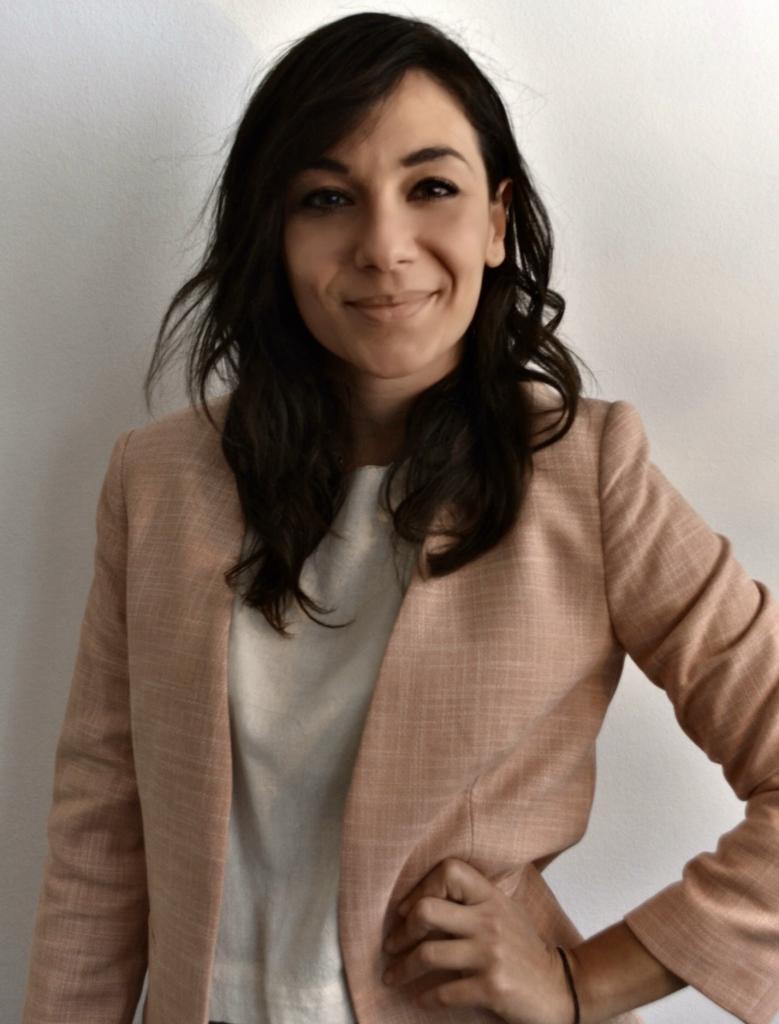
Flavia Lucenti is a postdoctoral researcher at LUISS University for the EU Horizon Project REMIT. Her research interests include IR theory, social psychology, China, Russia, norms and technology. Previously, she worked as a research assistant at the University of Oxford for the EU Horizon Project EU3D and as a postdoctoral research fellow and as an adjunct professor at the University of Bologna. She holds a PhD in Political Studies and International Relations from the University of Roma Tre. During her doctoral studies she was a visiting PhD student at the University of Hong Kong, the Moscow State Institute of International Relations and the European University Institute. Flavia received a MA (Summa cum Laude) in Diplomatic and International Affairs from the University of Bologna.
Thomas McWilliam, Deputy Editor
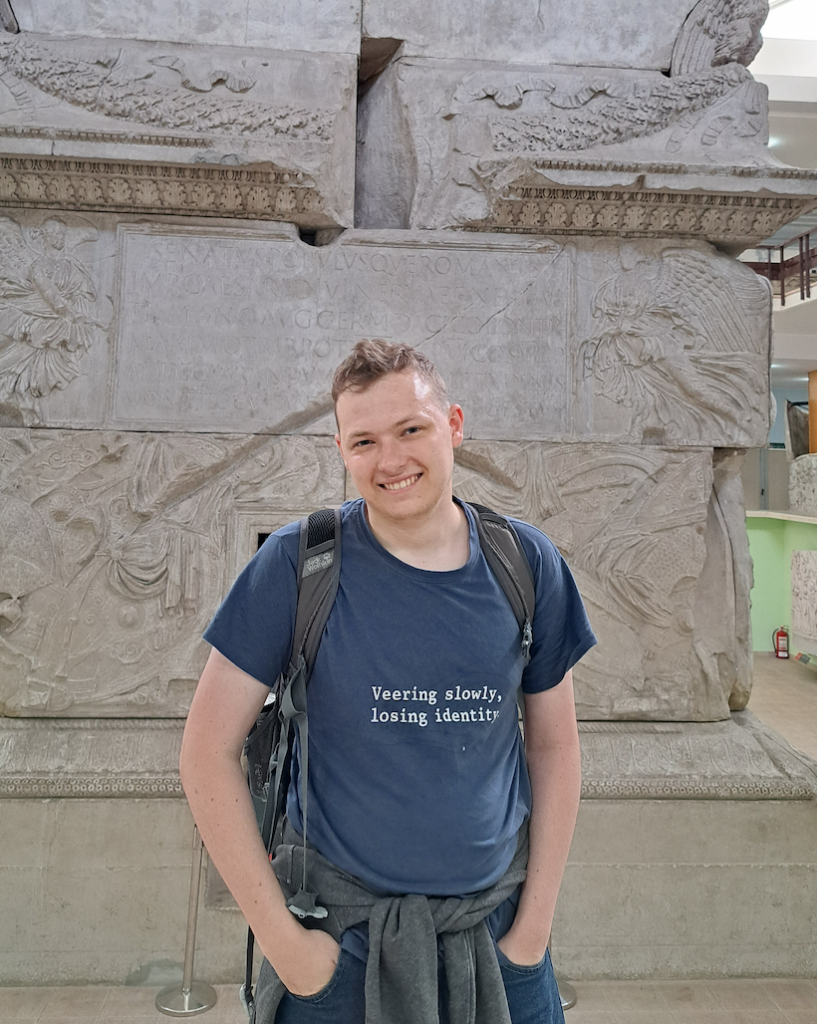
Thomas is a postgraduate researcher in the University of York. His research focuses on the political economy of multilateral development lending. His wider interests include International political economy and the politics of development. He holds a BA in International Relations and Politics (Keele University) and an MA in International Political Economy (University Of York).
Maren Vieluf, Deputy Editor
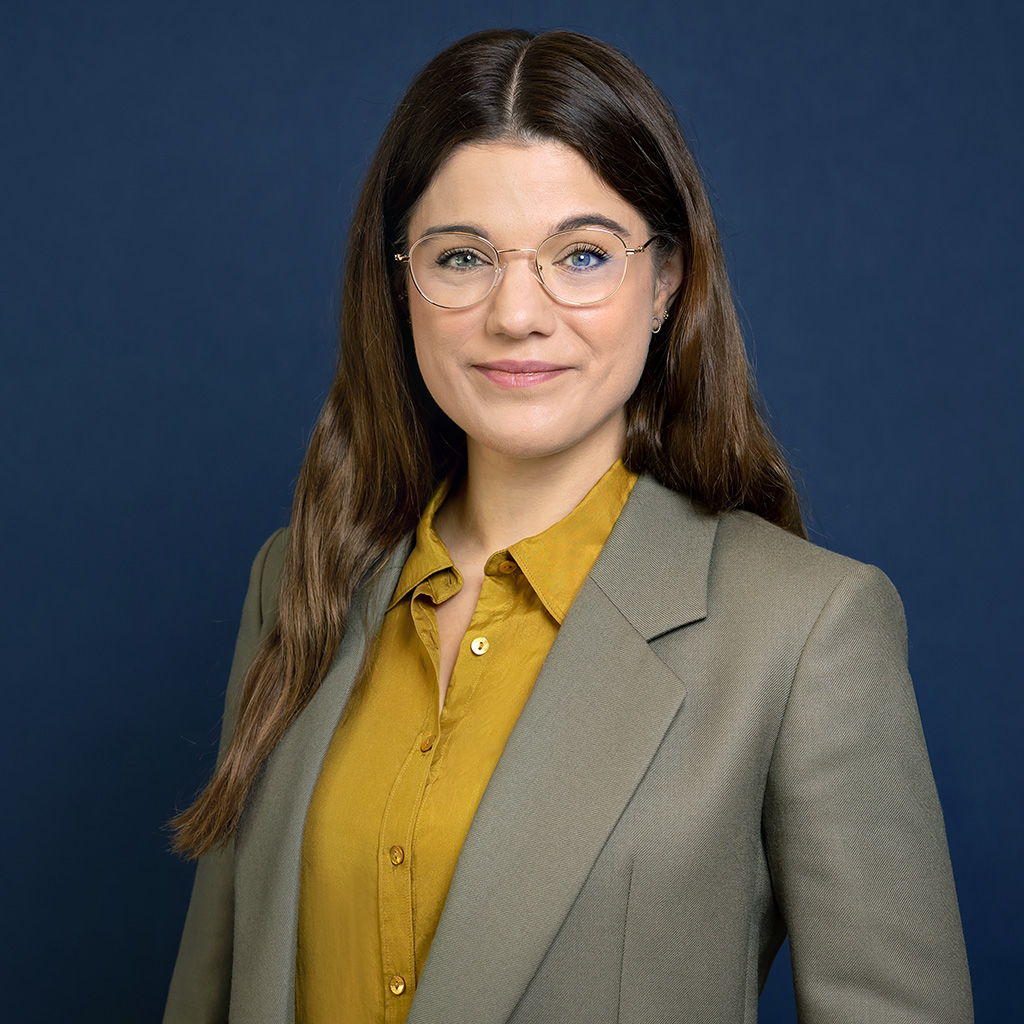
Maren Vieluf is a PhD Researcher at the Foreign Policy Lab in the Department of Political Science of the University of Innsbruck, Austria. Her dissertation delves into the robustness of nuclear weapons prohibition norms. She holds Master’s degrees in Political Science from the University of Bremen and in Peace and Security Studies from the Institute for Peace Research and Security Policy at the University of Hamburg (ISFH). Her professional journey includes roles at the International Campaign to Abolish Nuclear Weapons (ICAN), the Challenges to Deep Cuts Project at IFSH, and the Stiftung Wissenschaft und Politik’s (SWP) International Security Research Division. Her research areas include nuclear disarmament, arms control, and nonproliferation.
Editorial Board
Rishikesh Ram Bhandary
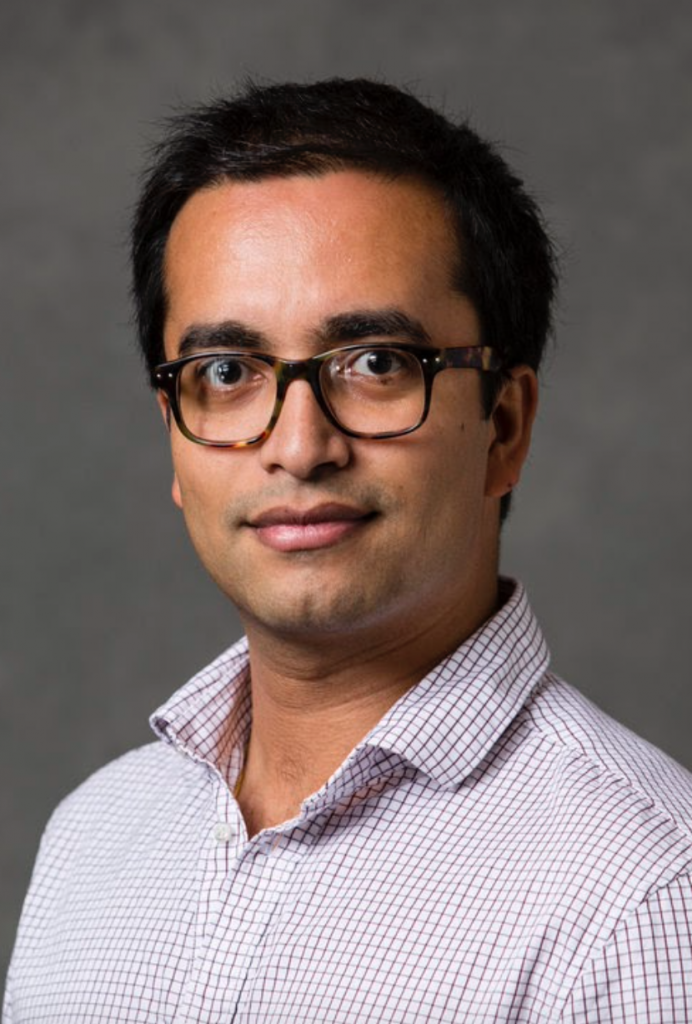
Rishikesh Ram Bhandary is a postdoctoral fellow at the Climate Policy Lab at The Fletcher School. He holds a Ph.D. in international affairs from the Fletcher School. His doctoral work examined the design and effectiveness of national climate funds in mobilizing international climate finance. His research interests include the design of climate policies, climate change negotiations, the international architecture of climate finance, and the sustainability implications of China’s Belt and Road Implications. Rishi holds a BA in Quantitative Economics and International Relations from Tufts College and a MA in Law and Diplomacy from the Fletcher School.
Amna Kaleem

Amna Kaleem is an ESRC-funded doctoral researcher in the Department of Politics, University of Sheffield, UK. Her research is situated within Critical Terrorism Studies and focuses on the impact of the British government's counter-terrorism policy on citizenship practice and civic duty. Amna holds an MA in International Relations from the University of Karachi, Pakistan, an MA in Global Security, and an MA in Social Research from the University of Sheffield. She has worked as a multimedia journalist and project manager in Pakistan and the UK.
Emma Lecavalier

Emma Lecavalier is a Vanier CGS Doctoral Scholar in the Department of Political Science at the University of Toronto. Her doctoral research focuses on cities and global climate and environmental governance. She is a Fellow at the Global Policy Institute at Durham University and a Research Assistant with the Environmental Governance Lab at the University of Toronto. Previously, Emma spent two years as a researcher with the Global Risk Governance Programme at the University of Cape Town where she researched sustainable energy transitions in China and India. Emma holds an MPhil in International Relations from the University of Oxford and a BA (Hons) in Political Science and Global Development from Western University (Canada).
Anastasia Ufimtseva
Anastasia Ufimtseva is a post-doctoral research fellow at the Beedie School of Business, Jack Austin Centre for Asia Pacific Business Studies, Simon Fraser University. She holds a PhD in Global Governance from the Balsillie School of International Affairs (Wilfrid Laurier University), an MA in Political Science (University of Waterloo), and a BA in Political Science with International Relations (The University of British Columbia). Her research focuses on regulations adopted by host states to govern foreign direct investment (FDI) made by state-owned enterprises (SOEs) around the world, with a particular focus on Chinese SOEs. Her broader research interests lie in the intersection between international business, global governance, international political economy, and international development. Her dissertation examined Chinese FDI in the oil and gas sector by analysing how Chinese FDI is impacted by institutions and stakeholder politics in the Canadian and Russian oil and gas sector.
Janina Pescinski
Janina Pescinski is a Leverhulme Trust Doctoral Scholar at Queen Mary, University of London in the School of Politics and International Relations and the School of Law. Her doctoral research takes an interdisciplinary approach to citizenship and migration, focusing on the criminalization of solidarity with migrants. Previously, Janina spent three years as a Junior Research Fellow at the United Nations University Institute on Globalization, Culture and Mobility where she researched city-level immigrant inclusion, focusing on West African migrants and diaspora associations as political actors. Janina holds an MA in International Affairs from Sciences Po Paris and a BA (Summa Cum Laude) in Anthropology from Rutgers University.
Katharine Petrich
Katharine Petrich holds a PhD in Political Science from Northeastern University. She is a qualitative field-based scholar whose research focuses on crime, terrorism, and insurgency in East Africa and Latin America. Currently, she is a Visiting Researcher at the Center for Policy Research at the University of Albany, NY and a quarterly lecturer at Santa Clara University. Petrich received both her MA in International Relations and her BA in History and Political Science from the University of San Diego, where she worked extensively on Mexican cartel violence.
Mary Keogh
Mary Keogh is a post-doctoral researcher at the Interdisciplinary Centre for Baltic Sea Region Research (IFZO) at the University of Greifswald, Germany. Her research explores regional energy geopolitics and focuses in particular on energy infrastructures as sites of geopolitical cooperation and contestation. Mary's broader research interests include energy policy, security studies, geoeconomics, and Eurasia. She has a BA in Politics and Classics from Maynooth University, Ireland, and an MLitt in Middle Eastern and Central Asian Security Studies from the University of St Andrews, Scotland. She was awarded her PhD in International Politics from Aberyswyth University in 2019 for her thesis on the nexus between energy policy and regional power strategies in rapidly industrialising states.
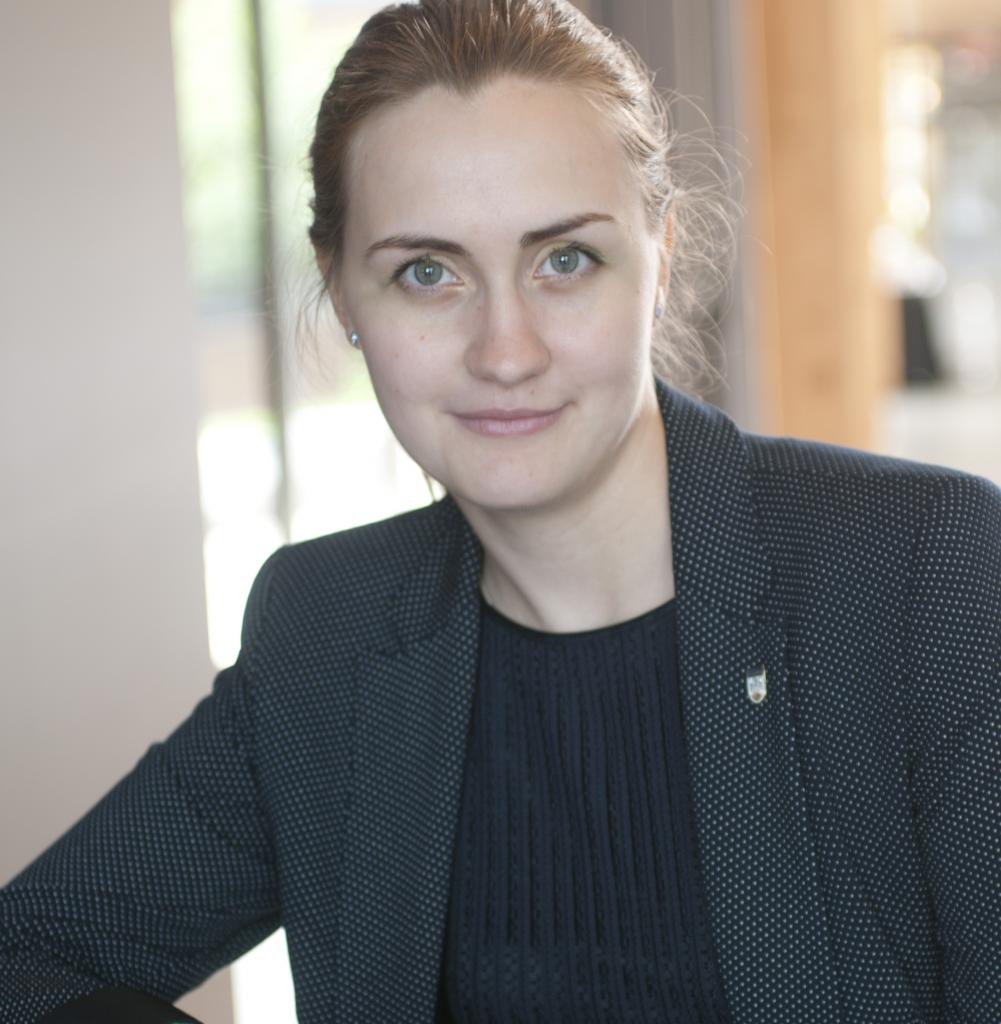
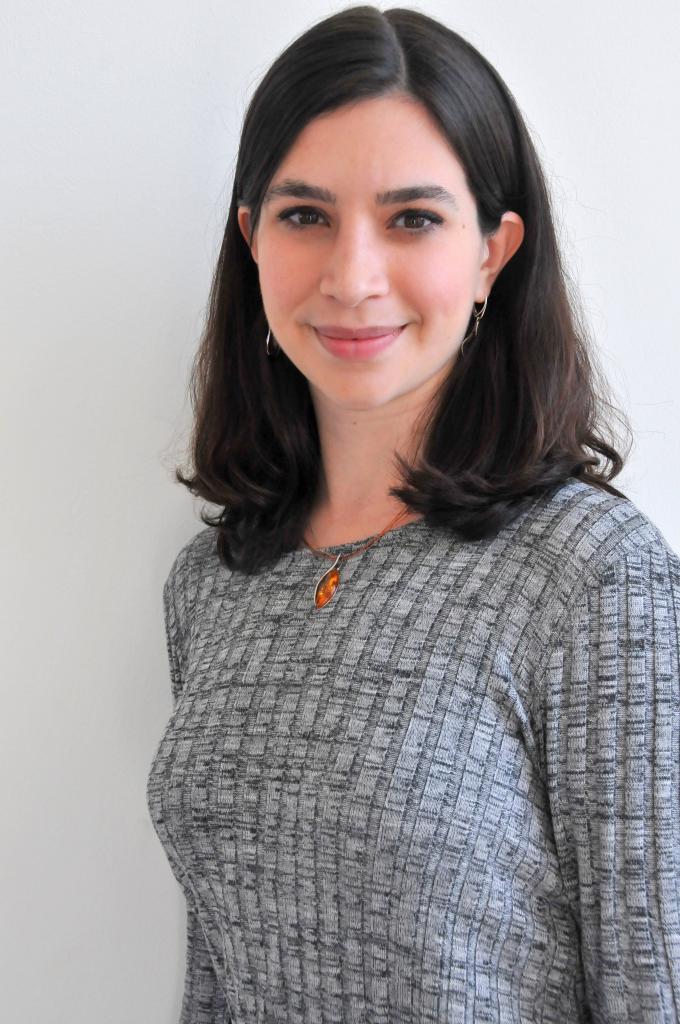
.jpg)